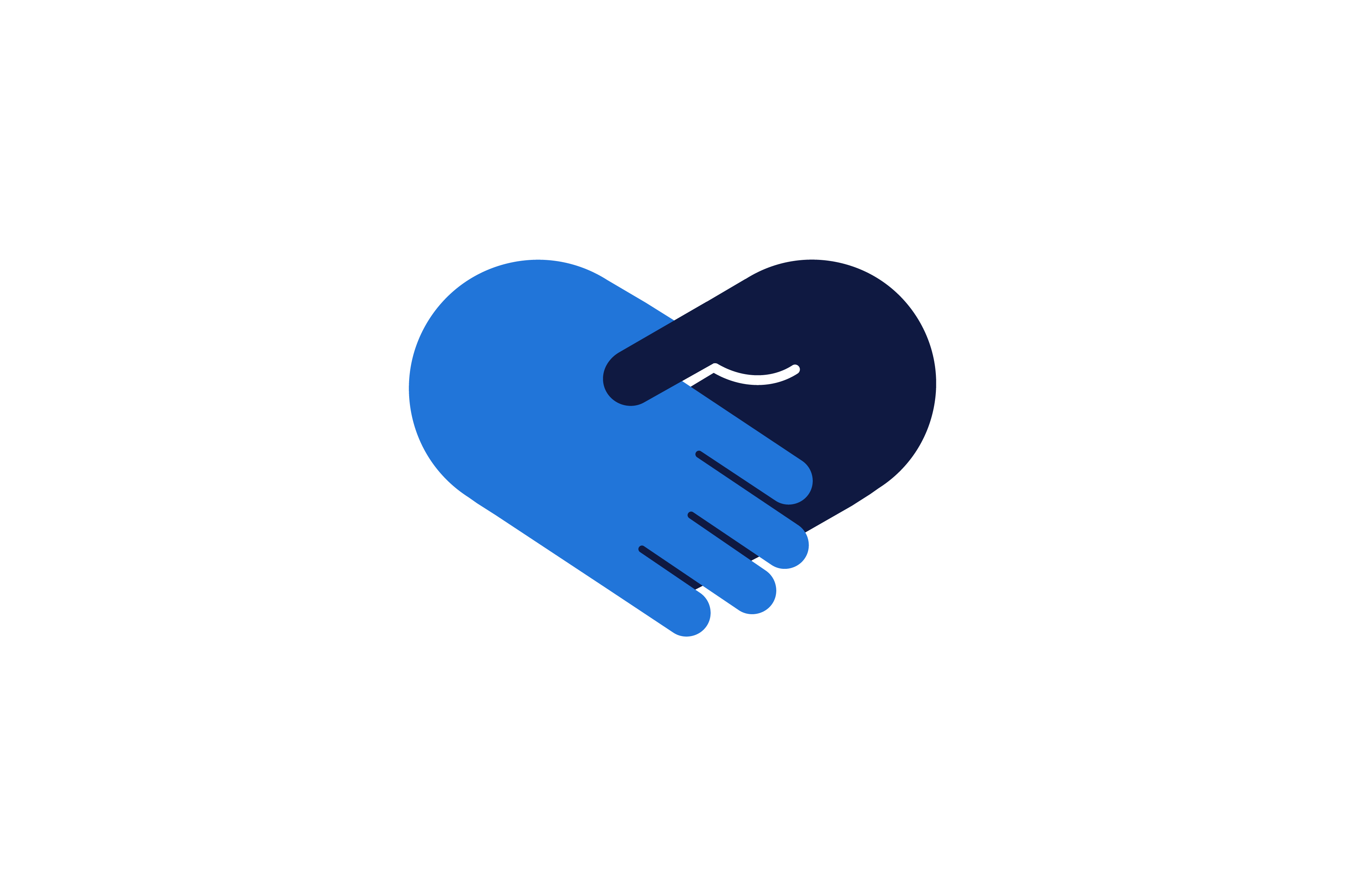So what is community nursing? In short, it’s exactly as it sounds! Instead of nursing in hospitals, community nurses provide care to patients in their community settings, whether that means home, work or elsewhere. But there’s a lot more to it than that.
If you’re eyeing up community nurse jobs or just want to learn more about what’s involved, you can read handy information below on:
- Community nurse responsibilities
- The different environments in which you might work
- Perks of the job
- Qualities you’ll need for success
- Salary ranges for community health nursing
community nurse job description
As a community nurse, your job is to provide care that allows patients to stay living in their community and make sure that they don’t have to go into hospital unnecessarily. You could carry out a huge range of work, often operating alone or in small teams. Community nurses play a vital role in many different parts of the community as:
- GP nurses
- Health visitors
- Community mental health nurses
- Community children’s nurses
- Learning disability nurses
- Homeless health nurses
- Occupational health nurses
- Public health nurses
- Executive nurses
- Nurse educators
- Care home nurses
responsibilities of a community nurse
Community nurse jobs are incredibly varied. An occupational health nurse won’t do the same work as a community mental health nurse, for example. But generally, community nurses often provide medical advice and carry out procedures outside of hospital settings, including giving medicines, taking blood and changing dressings, as well as delivering catheter and continence care.
You might also provide end-of-life care and rehabilitation support. You could visit homes to give chemotherapy to those with cancer, ensure that diabetics get regular doses of insulin, and help others to end their days as painlessly as possible.
It’s not just a routine, either. As a specialist practitioner, you’ll have chance to directly improve primary care services, and could participate in innovative projects that enhance patient life.
what's the difference between a district nurse and a community nurse?
Often these two terms are used interchangeably – and, in many cases, the term used may simply come down to the preference of the recruiter. While there will naturally be some discrepancies between roles, in theory these terms simply describe geographical areas.
This means that it’s worth searching for jobs with both titles and checking their responsibilities and entry requirements carefully.
where are community nurse jobs based?
It all depends on the type of community nurse that you are:
- Some community nurse jobs involve delivering care in people’s homes, while others involve vital outreach work for people who don’t have a secure home of their own.
- General practice nurses work in GP surgeries as part of a primary healthcare team. Health visitors see families via home visits, at clinics, at their GP practice and in children’s centres.
- Specialist mental health nurses can work in hospital or in the community.
- Child nursing involves everything from nursing a sick newborn to an adolescent road-accident victim. Children and their families can find it easier to receive treatment at home, rather than attending hospital, for certain conditions.
- Community nurses can also be based in schools, working with pupils, teachers and parents to promote good health and wellbeing in school-aged children and young people.
- Occupational health nurses are registered nurses who specialise in caring for the health and wellbeing of people at work.
- Nurse educators teach community nursing, both in university and on placements, visiting students in practice.
- Care home nurses work in residential, care or nursing homes.
why become a community nurse?
Community nursing can be incredibly rewarding for a variety of reasons. You may spend time with patients that don’t talk to anyone else all day, and it can be a real privilege to work with patients in their own space.
Community nurse jobs also offer a great deal of freedom and autonomy if you’re up to the challenge. Away from the controlled, contained environment of a hospital, you often have to solve problems and be self-reliant.
You’ll rarely hand over to another nurse once your shift finishes. Many community nurses don’t have easy access to other health professionals, and often there’s no one else there with whom to consult in the moment – but it can feel empowering to make your own judgement calls!
what sort of person makes a good community nurse?
Most importantly, you need to care about your patients’ wellbeing. The best community nurses are also motivated team players who want to deliver excellent holistic healthcare to a diverse patient group, alongside a range of community experts and team leads.
While many community nurse jobs involve working alone, you still need to be a good collaborator and able to work closely with other agencies, such as out-of-hours and social care services.
In some parts of the country, community nurses also operate a rapid response service to assess patients quickly and prevent unnecessary hospital admissions. You need first-rate decision-making skills whether working alone or as part of an extended team. You also need to be able to communicate effectively with patients, to listen to them, and to pick up on verbal and non-verbal cues.
wellbeing advice from real-life nurses
Nursing is one of the most rewarding professions out there, as it allows you to truly make positive differences to people’s lives, but the work can also get stressful. That’s why we’ve spoken to real-life nurse and Love Island star Rachel Fenton, to get her advice on managing stress and mental wellbeing while on shift:
community nurse salaries
Community nurse salaries within the NHS can range from £22,000 to £30,000, although the typical community nurse salary is about £25,500. This can vary by specialism:
- A learning disability nurse with less than a year’s experience might earn £24,200 a year.
- A school nurse (a role in band 6 of the NHS Agenda for Change pay scale) could earn £39,027 a year with 8 years’ experience.
- Mental-health nurses in the NHS normally start on band 5. With 3 years’ experience you’d earn around £27,780 a year, with pay topping out at £31,534 with at least 7 years’ experience. But with further training, and qualifications, you could apply for more senior posts.
- Primary mental-health workers working in child and adolescent mental-health services, will typically be at band 6 and 7, where starting pay ranges between £32,306 and £40,057.
- District nurses are also in band 6. With 8 years’ experience, salaries rise to £39,027.
- While a health visitor normally starts in band 6, there’s opportunity to move up the bands with more experience.
Search for community nurse jobs near you
Not sure where to start? Working with an agency like Randstad can help you gain broader experience, earn a higher salary and enjoy a better work-life balance. View our current community nurse jobs – or submit your CV so that we can send tailored opportunities straight to your inbox.
If you found this article helpful, you can read more role guides and job-hunting tips on our career hub.

